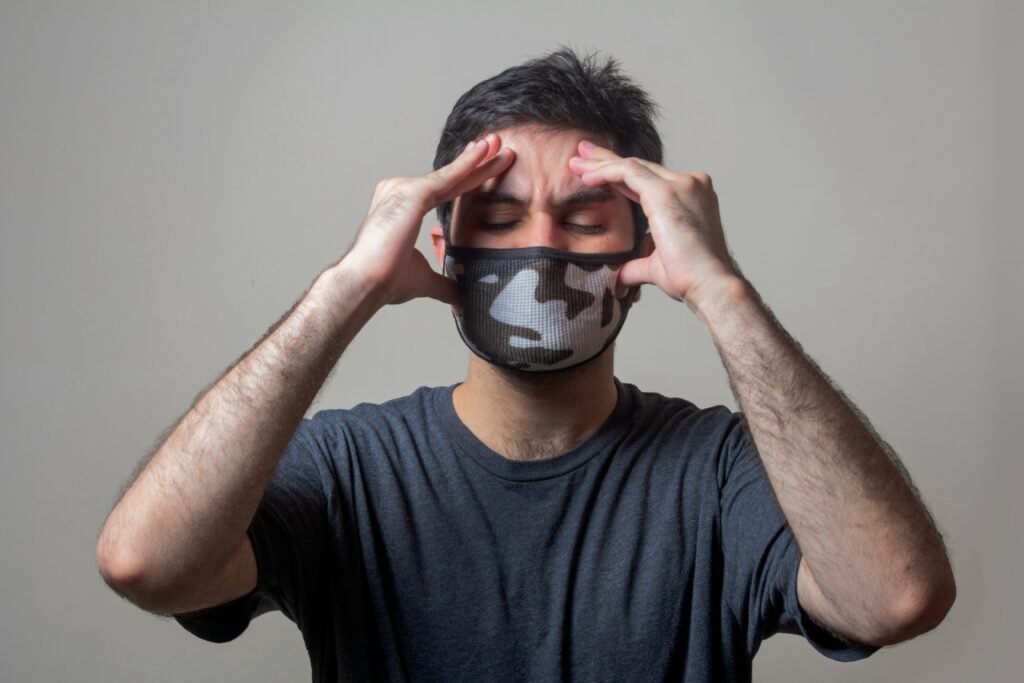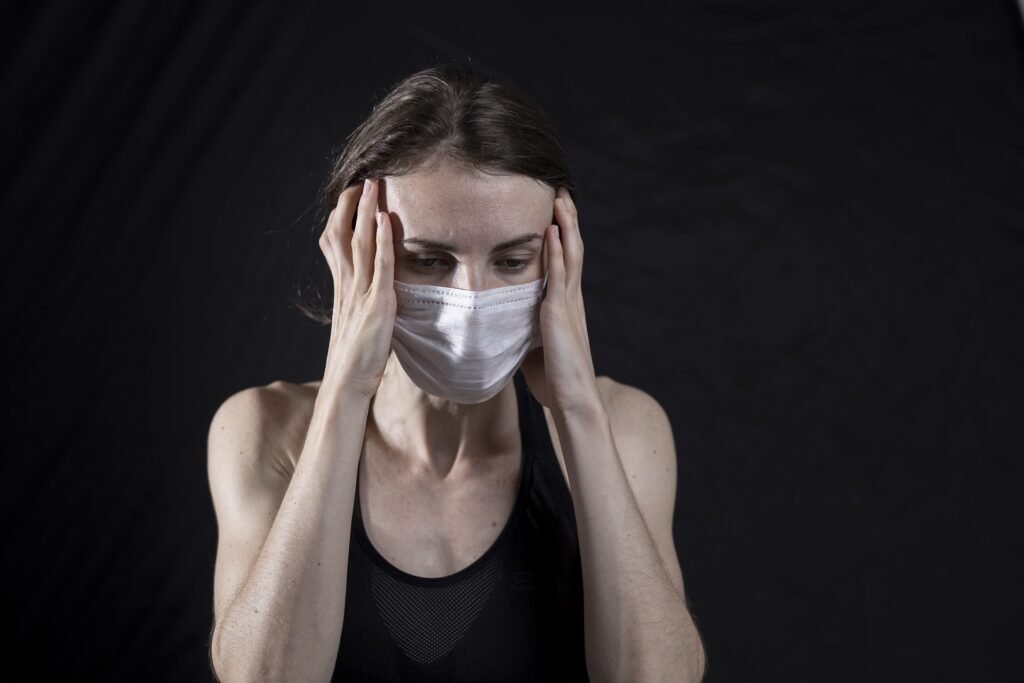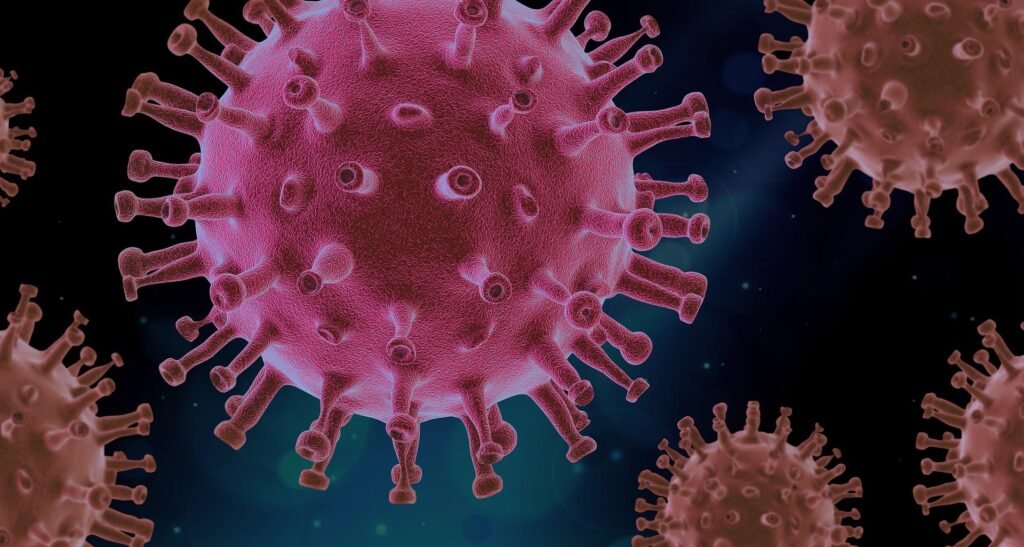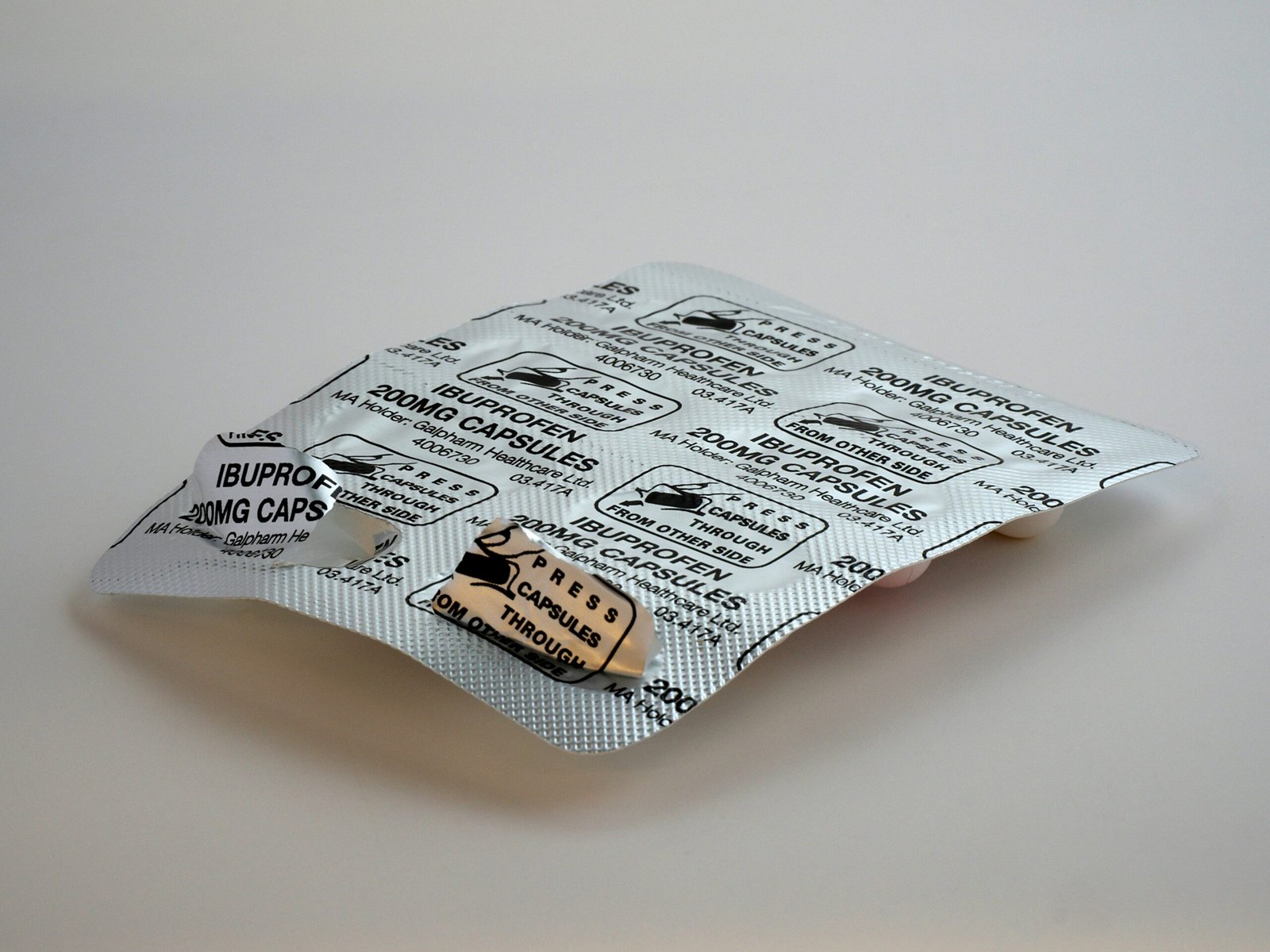What is a COVID Headache?
A COVID headache refers to a headache that is associated with the COVID-19 virus. It is one of the common symptoms experienced by individuals who have contracted the virus. While headaches can occur for various reasons, a COVID headache specifically refers to a headache that is directly caused by a viral infection.
Symptoms of a COVID Headache
Headaches caused by COVID-19 can manifest in different ways and vary in intensity. Some individuals may experience mild headaches, while others may have more severe and persistent ones. Here are some common symptoms of a COVID headache:
- Throbbing or pulsating pain in the head
- Pressure or tightness in the forehead or temples
- Sensitivity to light and sound
- Nausea or vomiting
- Difficulty concentrating
- Worsening of headache with physical activity
It is important to note that a COVID headache may not always occur as a standalone symptom. It can also be accompanied by other symptoms such as fever, cough, fatigue, and loss of taste or smell.

Causes of a COVID Headache
There are several factors that contribute to the development of a COVID headache. Understanding these causes can help individuals better manage and prevent headaches associated with the virus.
1. Inflammatory Response
When the body is infected with the COVID-19 virus, it triggers an immune response to fight off the infection. This immune response leads to the release of inflammatory substances that can cause blood vessels in the brain to swell and result in a headache.
2. Sinus Congestion
COVID-19 can cause inflammation and congestion in the nasal passages and sinuses. This congestion can lead to sinus headaches, which are characterized by pain and pressure in the forehead, cheeks, and around the eyes.
3. Dehydration
Illnesses, including COVID-19, can cause dehydration due to fever, sweating, and decreased fluid intake. Dehydration can trigger headaches or worsen existing ones.
4. Stress and Anxiety
The COVID-19 pandemic has caused significant stress and anxiety for many individuals. Stress and anxiety are known triggers for headaches and can exacerbate existing headache conditions.
Treatment for a COVID Headache
Managing a COVID headache involves a combination of self-care measures and medical interventions. Here are some treatment options:
1. Rest and Relaxation
Getting adequate rest and relaxation is crucial for allowing the body to recover from the viral infection and reduce headache symptoms. Make sure to prioritize sleep and create a calm and peaceful environment.
2. Hydration
Drinking plenty of fluids can help alleviate headaches caused by dehydration. Aim to drink water, herbal teas, and clear broths to stay hydrated.
3. Over-the-Counter Pain Relievers
Non-prescription pain relievers such as acetaminophen or ibuprofen can provide temporary relief from headache symptoms. However, it is important to follow the recommended dosage and consult with a healthcare professional if you have any underlying medical conditions.
4. Sinus Relief
If sinus congestion is contributing to your headache, using saline nasal sprays or rinses can help alleviate the congestion and reduce headache symptoms. Additionally, applying warm compresses to the face can provide relief.
5. Stress Management
Engaging in stress management techniques such as deep breathing exercises, meditation, or engaging in hobbies can help reduce stress and alleviate headache symptoms. Consider seeking professional help if stress and anxiety are significantly impacting your daily life.

Preventing a COVID Headache
While it may not be possible to completely prevent a COVID headache, there are steps you can take to minimize the frequency and intensity of headaches associated with the virus:
1. Follow COVID-19 Safety Guidelines
Adhere to the recommended safety guidelines such as wearing masks, practicing social distancing, and washing hands regularly. By reducing your risk of contracting the virus, you can also lower the chances of experiencing a COVID headache.
2. Stay Hydrated
Drink an adequate amount of water and fluids throughout the day to prevent dehydration, which can trigger headaches.
3. Manage Stress
Find healthy ways to manage stress and anxiety, such as practicing mindfulness, engaging in physical activity, or seeking support from loved ones.
4. Take Breaks from Screen Time
Excessive screen time can strain the eyes and contribute to headaches. Take regular breaks from screens, especially if you are working or studying remotely.
5. Maintain a Healthy Lifestyle
Eating a balanced diet, getting regular exercise, and prioritizing sleep can help support overall well-being and reduce the frequency of headaches.
When to Seek Medical Attention
While most COVID headaches can be managed with self-care measures, there are instances where medical attention may be necessary:
- If the headache becomes severe and persistent
- If the headache is accompanied by high fever, confusion, or difficulty breathing
- If the headache worsens despite self-care measures
- If you have a pre-existing medical condition and are unsure about the appropriate treatment
It is important to consult with a healthcare professional who can provide a proper diagnosis and recommend the appropriate treatment plan.
In Conclusion
A COVID headache is a common symptom experienced by individuals who have contracted the virus. Understanding the causes, symptoms, and treatment options for a COVID headache can help individuals manage and prevent headaches associated with the virus. By following self-care measures, practicing prevention strategies, and seeking medical attention when necessary, individuals can alleviate headache symptoms and support their overall well-being during these challenging times.

Frequently Asked Questions About COVID Headache
1. What is a COVID-19 headache?
A COVID-19 headache refers to a headache that is specifically associated with the COVID-19 virus. It is one of the common symptoms experienced by individuals who have contracted the virus. This type of headache can vary in intensity and may present as a dull ache, a throbbing pain, or even a migraine-like headache.
2. What are the symptoms of a COVID headache?
In addition to the headache, individuals with a COVID-19 headache may also experience other symptoms such as fever, cough, sore throat, fatigue, loss of taste or smell, and body aches. It is important to note that not everyone who has a headache has COVID-19, as headaches can be caused by various other factors as well.
3. How is a COVID-19 headache different from a regular headache?
A COVID-19 headache may share similarities with a regular headache, such as the sensation of pain in the head. However, a few key differences can help differentiate between the two. COVID-19 headaches are often accompanied by other symptoms like fever, cough, and loss of taste or smell. They can also be more persistent and severe compared to a typical headache.
4. Can a COVID-19 headache be the only symptom of the virus?
While a COVID-19 headache can be a standalone symptom, it is more commonly experienced alongside other symptoms of the virus. It is important to be aware of the full range of COVID-19 symptoms and seek appropriate medical advice if you suspect you may have been exposed to the virus.
5. How long does a COVID-19 headache last?
The duration of a COVID-19 headache can vary from person to person. Some individuals may experience a headache for a few hours, while others may have persistent headaches that last for several days. It is important to monitor your symptoms and consult a healthcare professional if you have concerns.
6. What can I do to relieve a COVID-19 headache?
If you have a COVID-19 headache, there are a few steps you can take to help alleviate the discomfort:
- Rest in a quiet and dark room to minimize sensory stimulation.
- Apply a cold or warm compress to your forehead or the back of your neck.
- Stay hydrated by drinking plenty of fluids.
- Practice relaxation techniques such as deep breathing or meditation.
- Over-the-counter pain relievers may also provide temporary relief, but it is important to follow the recommended dosage and consult a healthcare professional if your symptoms persist or worsen.
7. When should I seek medical attention for a COVID-19 headache?
If you have a COVID-19 headache and experience severe symptoms such as difficulty breathing, chest pain, confusion, or sudden loss of consciousness, it is important to seek immediate medical attention. These symptoms may indicate a more serious condition and require prompt evaluation and treatment.
8. How can I prevent a COVID-19 headache?
While there is no guaranteed way to prevent a COVID-19 headache, following recommended guidelines to reduce the risk of contracting the virus can also help minimize the chances of experiencing associated symptoms. This includes practicing good hand hygiene, wearing a mask in public settings, maintaining social distancing, and getting vaccinated when eligible.
